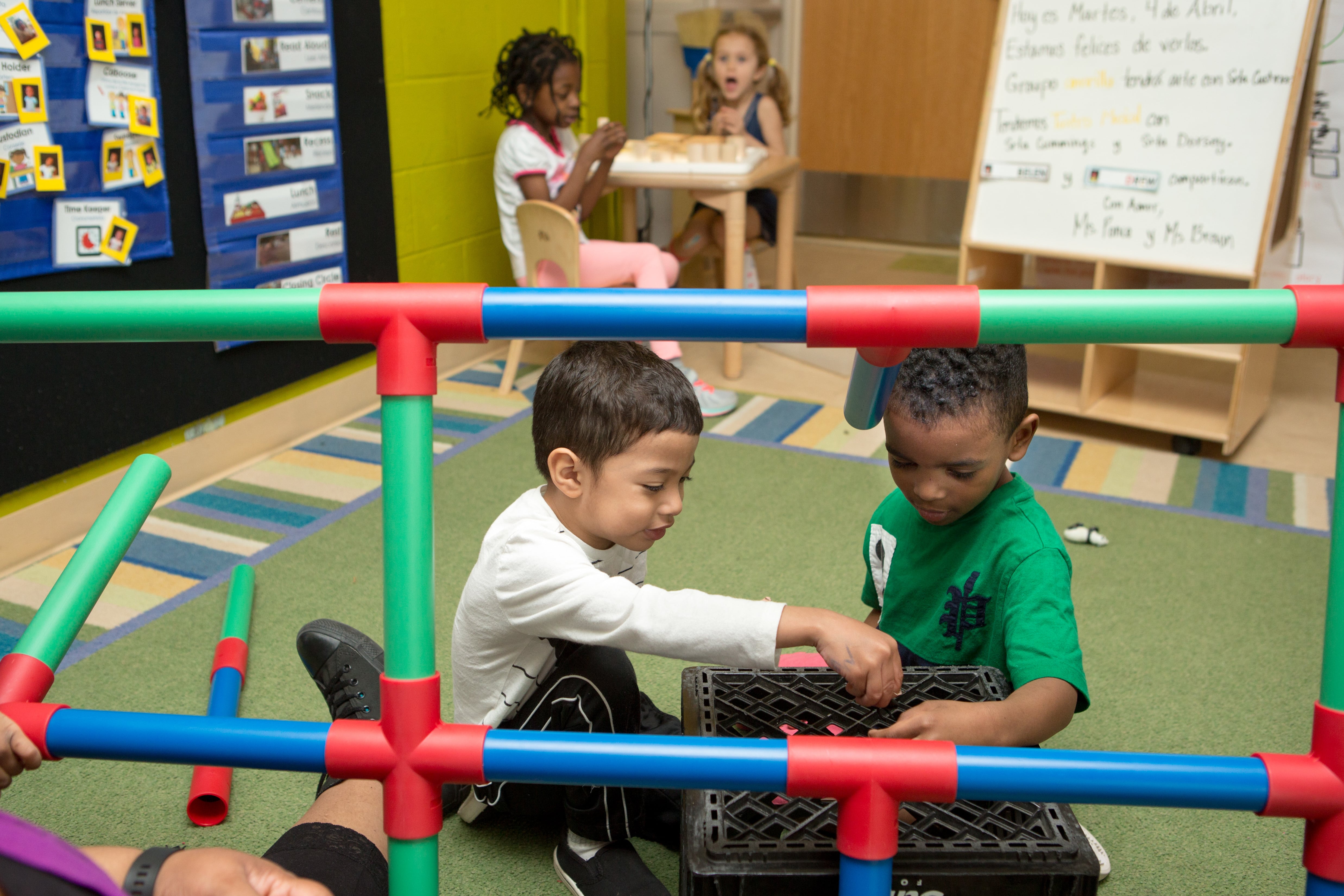More than 27,400 Colorado families have accepted preschool matches through the state’s new universal preschool program, according to the Colorado Department of Early Childhood.
That represents more than 32,000 children, more than half the state’s 4-year-olds, according to state estimates. The state had a goal of serving between 40% and 60% of eligible children in the program’s first year.
There are still plenty of seats available, though. The department currently reports more than 24,000 tuition-free preschool seats remain open across the state and are still available for families who apply by the July 13 deadline for the next round.
Beginning this fall, all Colorado 4-year-olds are eligible for between 10 and 30 hours of free preschool a week. Families who have certain qualifying factors are eligible for more hours of free preschool. Three-year-olds with qualifying factors may be eligible as well. Qualifying factors include low household income, speaking a language other than English at home, or having a disability.
Many participating preschools offer additional hours, but families have to pay tuition for that care.
According to a press release from the Colorado Department of Early Education, 90.7% of children have been matched to one of their preferred providers, with 78.6% of families being matched to their first choice.
Two additional rounds of matching are planned for the summer for new applicants or those who have not selected a provider yet. Families who applied in the third round will find out their match June 29. Families who apply by July 13 will find out later in the summer who their provider will be.
Enrollment in tuition-free preschool in Colorado is still open on a rolling basis. Out of Colorado’s 64 counties, all still have slots available. There are 1,930 participating preschool providers offering 56,866 seats, about 43% of which are still open.
Some rural counties have just one or two providers offering a few dozen seats, but even in those communities, the state reports open seats. Among populous Front Range counties, Denver still has more than 2,000 seats available, about 40% of the total and Arapahoe had almost 5,000 available seats, more than half the total.
The state’s universal preschool program will be funded in part with a voter-approved nicotine tax and offered in school district classrooms, private child care centers, church-based preschools, and homes licensed by the state.
The early childhood department estimates that families will save about $6,000 per year on average.
Sara Martin is an intern with Chalkbeat Colorado. Contact Sara at smartin@chalkbeat.org.





